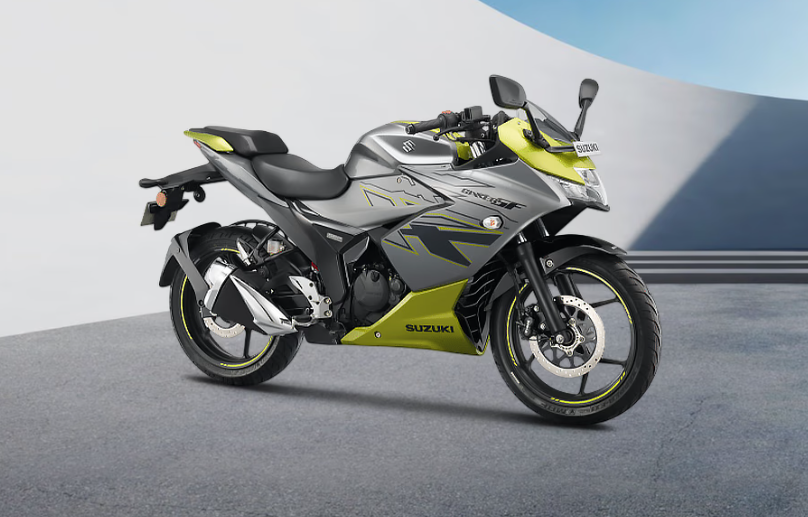
A Brief History of Suzuki
Suzuki Motor Corporation was founded in 1909 by Michio Suzuki in Hamamatsu, Japan. Originally a manufacturer of looms for Japan’s thriving silk industry, the company transitioned to producing motor vehicles in the early 1950s. Suzuki launched its first motorcycle, the Power Free, in 1952, followed by its first car, the Suzulight, in 1955 — a vehicle that pioneered front-wheel drive and independent suspension in Japan.
Since then, Suzuki has grown into a global powerhouse, producing millions of cars, motorcycles, and outboard motors each year. The brand operates in over 190 countries, with a particularly strong presence in Asia, Europe, and Africa.
Core Philosophy: Compact, Efficient, and Reliable
Suzuki’s design philosophy revolves around “value-packed compact vehicles.” The company focuses on creating small but powerful cars that are fuel-efficient, affordable, and reliable — making them ideal for both city use and challenging terrains.
This commitment to practicality and innovation has made Suzuki a household name in emerging markets like India, where it operates through Maruti Suzuki, one of the most successful automotive ventures in history.
Popular Suzuki Models
-
Suzuki Alto: A compact hatchback known for its excellent fuel economy and easy handling — perfect for urban driving.
-
Suzuki Swift: A sporty and stylish car that combines performance with efficiency.
-
Suzuki Baleno: A premium hatchback offering a spacious cabin and advanced technology.
-
Suzuki Vitara: A versatile compact SUV with a strong legacy in the off-road segment.
-
Suzuki Jimny: A rugged mini 4x4 beloved worldwide for its off-road capabilities and distinctive design.
These models embody Suzuki’s engineering focus — balancing performance, safety, and economy without compromising affordability.
Innovation and Sustainability
As global demand shifts toward cleaner mobility, Suzuki has embraced electrification and hybrid technology. The company is investing in hybrid systems, battery development, and low-emission technologies to meet environmental goals while preserving driving enjoyment.
Partnerships with companies like Toyota have accelerated Suzuki’s transition toward a greener future, with hybrid variants of popular models already available in several markets.
Global Presence and Local Impact
Suzuki’s approach to global expansion emphasizes local manufacturing and community engagement. Through regional subsidiaries like Maruti Suzuki in India and joint ventures across Asia and Europe, Suzuki ensures its vehicles are tailored to the needs and conditions of local markets.
This localized strategy not only reduces costs but also builds trust with customers by providing reliable after-sales service and spare parts availability.
Conclusion
Suzuki’s success story is built on a foundation of innovation, simplicity, and customer trust. From humble beginnings to becoming a global leader in compact mobility, Suzuki continues to evolve with the times — pushing boundaries in technology, sustainability, and design.
As the automotive world moves toward electrification and smart mobility, Suzuki stands ready to deliver vehicles that remain true to its promise: affordable, reliable, and built for everyone.

You must be logged in to post a comment.